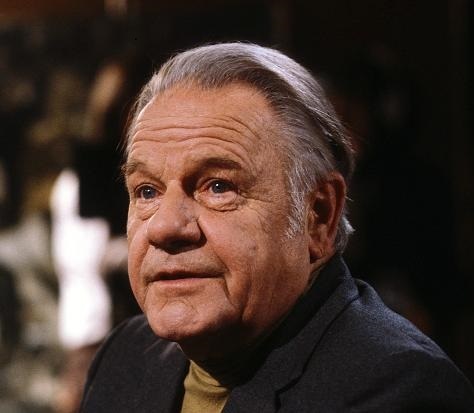Swans by Lawrence Durrell
Fraudulent perhaps in that they gave
No sense of muscle but a swollen langour
Though moved by webs; yet idly, idly
As soap-bubbles drift from a clay-pipe
They mowed the lake in tapestry,
Passing in regal exhaustion by us
King, queen and cygnets, one by one.
Did one dare to remember other swans
In anecdotes of Gauguin or of Rabelais?
Some became bolsters for the Greeks
Some rubber Lohengrins provided comedy
The flapping of the wings excited Leda
The procession is over and what is now
Alarming is more the mirror split
From end to end by the harsh clap
Of the wooden beaks, than the empty space
Which follows them about
Stained by their whiteness when they pass
We sit like drunkards and inhale the swans
Lawrence Durrell (brother of naturalist and author Gerald Durrell) was a poet as well as a novelist. He is best remembered today for his The Alexandria Quartet novels.
Australian poet Peter Porter has described Durrell’s poetry as “Always beautiful as sound and syntax. Its innovation lies in its refusal to be more high-minded than the things it records, together with its handling of the whole lexicon of language.” According to Porter, Durrell is “one of the best poets of the last hundred years”.
The poem begins with his noting the movement of the swans, which is of course incredibly graceful. To him it seems almost “fraudulent” because one sees no muscles at work in the process. I love his unusual image – “they mowed the lake in tapestry”.
The word ‘tapestry’ makes the poet then think of swans as depicted in art and Gauguin comes to mind. But he also remembers that swans have been food over the centuries. They might look regal, but people have eaten them all the same. Rabelais, a French author who lived from c.1483 to 1553, was especially noted for his work Gargantua et Pantagruel, a series of novels about two giants with huge appetites. Their feathers were also used to stuff pillows, or bolsters – another ignoble fate. Or perhaps rubber swans were props in stage comedy?
Durrell then moves on to myth, with his reference to Leda who is raped by Zeus who has taken on the form of a swan. But by this time the swans have floated past him – their beautiful procession is over. But he notes the “empty space” which “follows them about”, and the noise of the beaks.
Then he simply decides to sit back and revel in the beauty – “inhale the swans” is his unusual and rather fabulous way of expressing this in the last line of the poem.
Have you enjoyed this poem? Share your thoughts by leaving a comment.
Comments are moderated, and will not appear until approved.
[DISPLAY_ULTIMATE_PLUS]


Pat Simmons
I loved this poem, Susannah. Thank you for sharing it with us. I didn’t know that Lawrence Durrell was Gerald Durrell’s brother. What an amazing family!
Susannah Fullerton
Isn’t it a lovely poem. I only came across it for the first time recently. Yes, those Durrells were incredibly talented!
Steve Rogerson
Thankyou Susannah. A beautiful poem. I live next to moulting lagoon on the east coast of Tasmania, home and sanctuary to hundreds of black swans and other birds. It certainly is a tapestry.
Susannah Fullerton
Isn’t it a lovely poem. It sounds like you live in a beautiful part of the world. Some years ago I was in Galway, Ireland, and the city authorities had been amazed by the sudden appearance of an Australian black swan in their harbour. The local radio station was holding a competition for people to come up with a good name for it – I never found out what was chosen. I wonder if it had somehow made its way from Tasmania to Ireland?
Anne Harbers
Susannah, thank you for this marvellous poem. So evocative and thought-provoking on its many levels.
I had recently had a lovely walk about Sydney’s Centennial Park with a wonderful JASA friend who pointed out to me a family of black swans with 7 cygnets that she & local friends had been watching grow.
This poem and that lovely experience will now be forever linked as a special memory.
Your newsletter keeps finding ways to connect us in literature and friendships.
All best
Anne
Susannah Fullerton
Could that friend have been Cathy, I wonder? I saw one of the cygnets the other day and it’s getting quite big, but still fluffy looking. It’s amazing that they turn from those downy little things, into those large and elegant birds. I’m glad the poem resonated. I’d never come across it before and loved it.